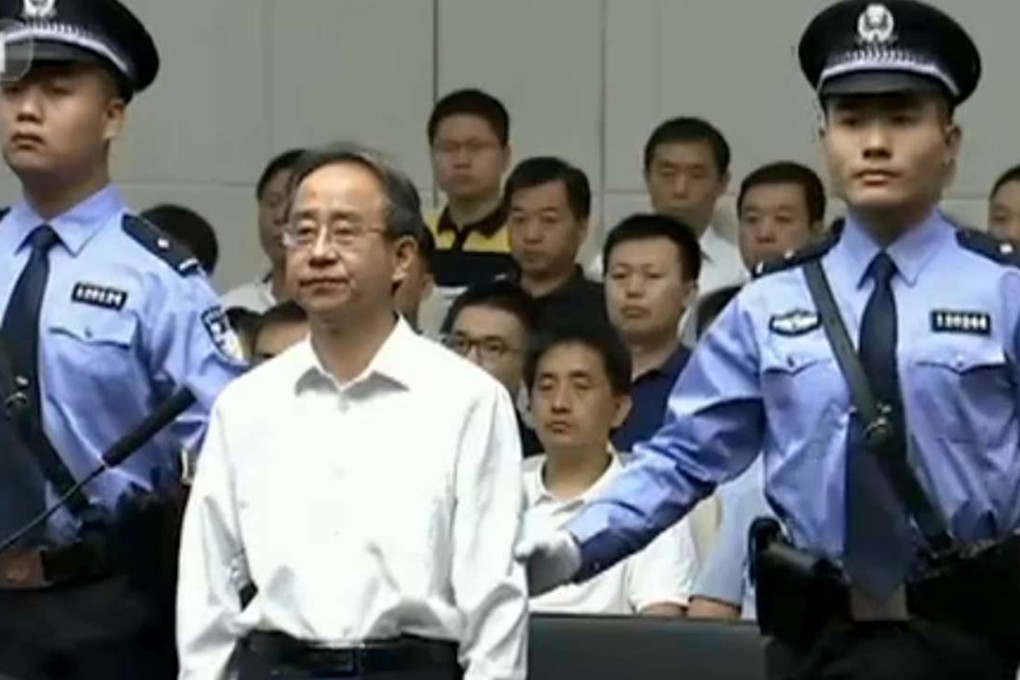An effective, transparent system is the best way to tackle graft
Downfall of so-called tigers and some of their underlings only scratches the surface of corruption; true success requires genuine reforms

The sentencing of Ling Jihua (令計劃 ) marks the third – and possibly the last – big “tiger” to be caged in President Xi Jinping’s (習近平 ) anti-corruption campaign. The one-time top aide to Hu Jintao (胡錦濤 ), Xi’s predecessor as president and Communist Party leader, is to serve life in jail for taking more than 77 million yuan (HK$$89 million) in bribes, illegally obtaining state secrets and abuse of power. The outcome of his secret trial, reported by mainland media, follows the jailing for life of former Politburo Standing Committee member Zhou Yongkang (周永康 ) and former Chongqing party boss Bo Xilai (薄熙來).
What sets them apart is that while Bo, once a rising star, faced remarkably open hearings covered by a controlled internet feed, Ling and Zhou were tried behind closed doors. There may have been little appetite for further revelations of intrigue and power struggles, and the charges did involve state secrets, but mainland analysts say the closed trials were a big step backwards.
The more likely reason Bo was tried in the glare of publicity was a fundamental difference from the others. A charismatic princeling seen as a potential candidate to rival Xi, Bo’s trial became focused on a decadent lifestyle in what amounted to character assassination. It was intended to show the public why such a popular figure had to be put on trial.
